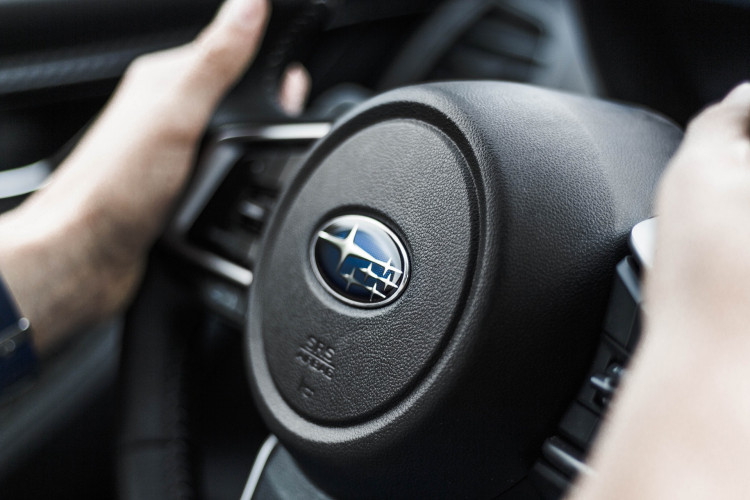Subaru foresees more problematic sales and expensive operational costs as U.S.-China trade war escalates.
The company has already reported a decline in sales in the United States which is supposed to be its largest market. Unit sales in the country slid 14 percent as Subaru has only managed to sell 149,800 of its vehicles in the three months through June 30.
The carmaker has been increasing its productions in its plant located in the United States. This was supposed to be a strategy to sustain a jump in demand for its vehicles over the past few years.
With tariffs to take effect on car imports in the coming days, however, Subaru may be looking into continued sales decline. The carmaker still imports half of its vehicles sold in the United States from Japan. This would mean that half of its production will again be subjected to additional import taxes and its increased productions in U.S. plants will only compensate for these added tariffs.
"It's a fact that there would be a big impact from a U.S. tariff increase. We're studying what the impact might be but there are too many unknowns at this point, so we want to refrain from giving a specific figure," Bloomberg quoted Toshiaki Okada, the chief financial officer for Subaru.
Subaru reported its lowest quarterly profit in more than five years. The company's operating profit fell 51.8 percent from April to June compared to its profit in 2017, Reuters reported.
There had been less demand for Subaru's Forester SUV, one of its previously top-selling vehicles, among the American consumers. The buyers chose to wait for an updated model which the company is set to launch at the end of the year.
Okada said Subaru is also facing tough competition in China. The company's unit sales in the country dropped about 58 percent in the fiscal first quarter.
Subaru joins the growing list of automakers that expressed anxieties over the escalating US-China trade war.
Toyota has recently said it will have to sell its top-selling car models at $3,000 higher than their initial sticker prices. Ford, General Motors, and Fiat Chrysler had lowered their full-year profit forecasts amid fears that trade tensions can hurt sales and profit margins. Denso Corp, one of the world's biggest car parts suppliers, said possible tariffs could slash off up to $720 million from its annual profit.
BMW announced that it would start selling the BMW X5 and X6 SUV models by 4 percent to 7 percent higher in China effective July 30. The increase in price shall cover the additional cost of tariffs incurred after China imposed duties on about $34 billion of U.S. imports.






